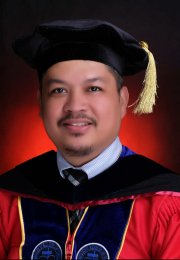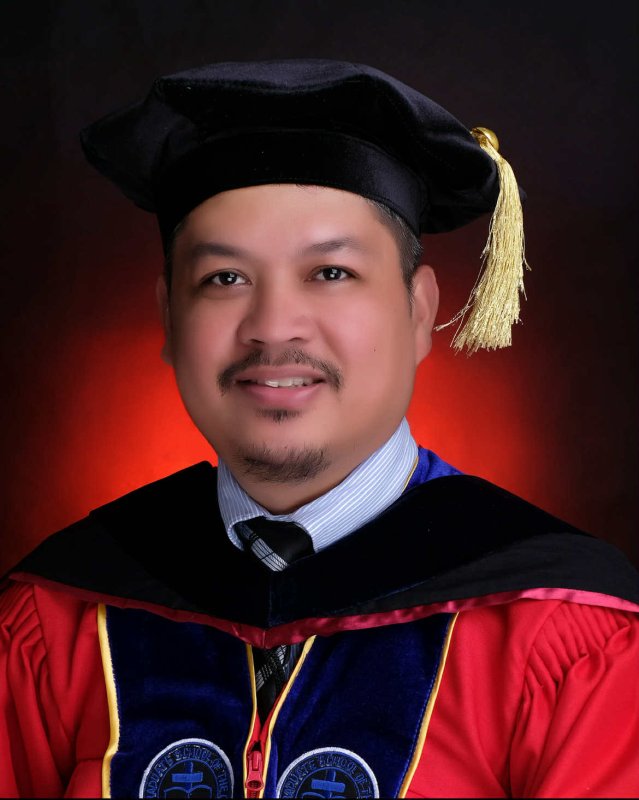- Resource Types
- Resource Languages
- Institutional Repository
 Visit the home page
Visit the home page
About Site Language
WHDL is viewable in multiple languages. Use the pull-down menu to select a language to view the site.
I changed my language, but I’m still seeing resources in the other languages?
If a resource or text has not been translated into your selected language, it will appear in the initially added language. We are always looking for help translating these resources. If you can help, contact us!
WHDL - 00021578


click to copy
Petallar, M (2025). DISTINCTIVES OF JOHN WESLEY’S RELIGIOUS EDUCATION OF CHILDREN IN EIGHTEENTH-CENTURY ENGLAND .
Petallar, MarkDISTINCTIVES OF JOHN WESLEY’S RELIGIOUS EDUCATION OF CHILDREN IN EIGHTEENTH-CENTURY ENGLAND . , 2025
Petallar, MarkDISTINCTIVES OF JOHN WESLEY’S RELIGIOUS EDUCATION OF CHILDREN IN EIGHTEENTH-CENTURY ENGLAND . , 2025
Petallar, MarkDISTINCTIVES OF JOHN WESLEY’S RELIGIOUS EDUCATION OF CHILDREN IN EIGHTEENTH-CENTURY ENGLAND . , 2025
John Wesley serves as an authoritative figure for churches who follow the Wesleyan tradition. His religious education approach towards children was sought after to inform the current practices of these churches. The present research entitled “Distinctives of John Wesley’s Religious Education of Children in Eighteenth-Century England,” aims to address the gap in the existing Wesleyan literature on the religious education of children, identify distinctives of John Wesley’s selected sermons on religious education of children by comparing Wesley’s sermons on the topic with those of his contemporaries, and supply the Free Methodist Church of the Philippines a Wesleyan foundation for the religious education of children in order to strengthen their current beliefs and practices in this area. In the review of related literature, the researcher found that there was a lack of literature comparing Wesley’s sermons on children’s religious education and his contemporaries, especially on sermons using Proverbs 22:6. The researcher used Gale’s Eighteenth-Century Collection database and entered the parameters of “religious education” as subject, “London” as place of publication, and “train up a child” as keyword in the database to bring up the list of contemporaries. The research found out that Wesley differs in at least five areas in his overall philosophy of religious education of children compared to his contemporaries. These religious education of children distinctives include Wesley’s understanding of God’s involvement through the Holy Spirit in helping children understand spiritual truths and respond to him genuinely, his belief that God can use children to actively participate in the evangelistic mission of the church, his discernment related to the original design of human beings prior to the fall, his recognition of the spiritual diseases of human beings after the fall, and his perception of the breaking of the will of children, although this last comes with precautions in its implications.
34 Resources
This collection contains the dissertations of our graduates that fulfilled the degree of Doctor of Philosophy in Holistic Child Development at Asia-Pacific Nazarene Theological Seminary. The program is designed for those preparing to be equipped in leadership, teachers of children, practitioners, and pastors, so that they will have the gifts, skills, and capacity to care holistically for children inside and outside the church.
2011
1843
2018
1878
2025
1921
1971
1971